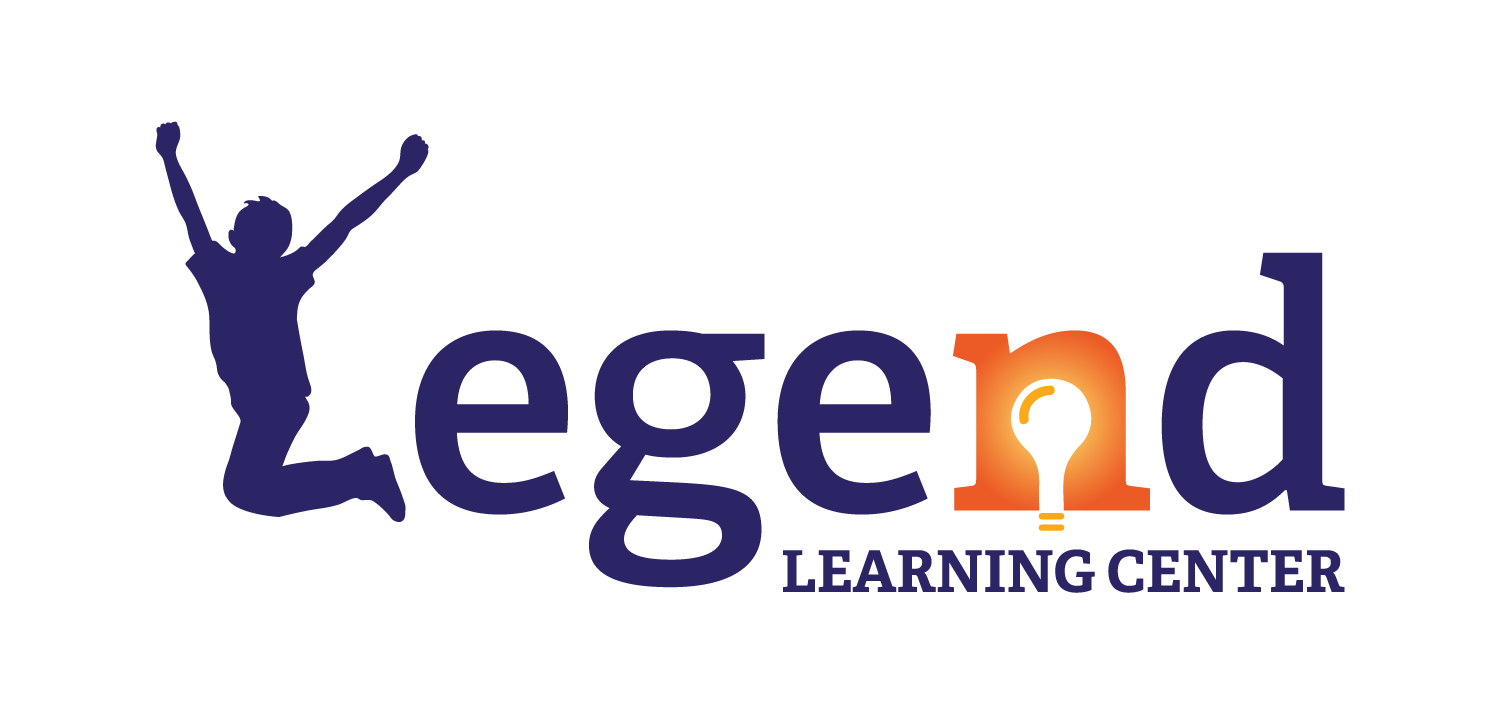As artificial intelligence (AI) becomes increasingly embedded in our everyday lives, the question arises: Is middle school too early for students to engage with AI education? The short answer is no—AI programs and courses are not too hard for middle schoolers if taught at the right level and with the appropriate tools. In fact, introducing AI concepts at this stage can be a game-changer for students, equipping them with the skills they need to thrive in the future workforce.
Why AI Education is Appropriate for Middle Schoolers
AI may seem like an advanced topic, but middle school is actually an ideal time to start learning the basics. According to the World Economic Forum, 65% of children entering primary school today will work in jobs that do not yet exist, many of which will be AI-driven. By exposing students to AI concepts early on, they develop the critical thinking, problem-solving, and computational skills that will be essential in tomorrow’s world.
Middle school students are at a developmental stage where they can start grasping abstract concepts and learning how technology affects the world around them. With the right curriculum and teaching approach, AI education can be both accessible and engaging.
Types of AI Programs Suitable for Middle School Students
The key to teaching AI in middle school is breaking it down into bite-sized, digestible components. Instead of overwhelming students with the complex mathematics behind AI, introductory courses can focus on the fundamental principles and applications of AI in a relatable way. Here are some AI programs and course types that are appropriate for middle school students:
1. AI Basics and Applications
Courses that introduce students to how AI works in everyday applications, such as voice recognition, self-driving cars, or social media algorithms, are ideal for this age group. These programs focus on the “what” and “why” of AI without delving too deeply into the coding or technical details.
Example:
MIT’s “AI for Middle School” program is designed to introduce students to AI in a fun, interactive way. Students engage with projects like teaching a computer to recognize images or create simple chatbots.
Success Metrics:
A study by MIT found that students who participated in their AI workshops showed a 35% increase in their understanding of AI concepts and a 20% increase in interest in STEM fields.
2. Introductory Coding and Machine Learning
As students become more comfortable with technology, introducing them to basic coding and machine learning is the next step. Programming languages like Python, which is widely used in AI development, can be taught to middle school students in a simplified manner. Basic machine learning algorithms, such as training a model to recognize patterns or make predictions, are also suitable.
Example:
“Google AI’s Teachable Machine” is an excellent tool for middle school students to experiment with machine learning. The platform allows students to create machine learning models without writing a single line of code. They can teach the program to recognize images, sounds, and poses.
Success Metrics:
According to Google, students who used the Teachable Machine platform reported a 40% increase in their ability to understand how AI systems learn and improve over time, making it an accessible entry point into AI.
3. AI Ethics and Social Impact
As AI becomes more prevalent, it’s crucial for students to understand not just how it works but also the ethical implications of its use. Courses that encourage middle schoolers to think about the moral questions surrounding AI—such as data privacy, bias in algorithms, and the role of AI in decision-making—help develop socially conscious technologists of the future.
Example:
Legend College Preparatory offers workshops on AI ethics that challenge students to think critically about the impact of AI on society. Through debates, case studies, and real-world scenarios, students explore the responsibilities of AI developers and users.
Success Metrics:
Students who participated in AI ethics discussions were 25% more likely to express interest in pursuing careers that combine technology and social impact, according to a survey conducted by Legend College Preparatory.
4. AI in Robotics
Robotics is an engaging, hands-on way for middle school students to apply AI concepts. AI-driven robotics programs teach students how to design, build, and program robots that can perform tasks autonomously. These courses not only introduce students to AI but also reinforce skills in engineering, mechanics, and teamwork.
Example:
Lego Mindstorms and VEX Robotics both offer platforms that allow students to build and program robots using AI principles. These programs often culminate in competitions where students showcase their robots’ ability to navigate mazes or perform specific tasks.
Success Metrics:
A study by the Robotics Education & Competition Foundation found that students who participated in AI-based robotics competitions were 50% more likely to pursue STEM careers compared to their peers.
Is AI Too Hard for Middle School Students?
AI can seem like a daunting subject, but with the right tools and instruction, it is very accessible for middle school students. The key is to introduce AI concepts in a way that is engaging and aligned with their developmental stage. Rather than focusing on the complex algorithms behind AI, students can explore the practical applications and ethical considerations of AI in everyday life.
Programs like Legend Learning Center’s AI offerings take this approach, making AI both understandable and relevant for middle schoolers. By exposing students to AI early on, we’re not just preparing them for advanced courses in high school; we’re giving them a head start in understanding the future landscape of technology.
For more information or to enroll your child in AI programs at Legend Learning Center, email consult@legendlearning.com.
